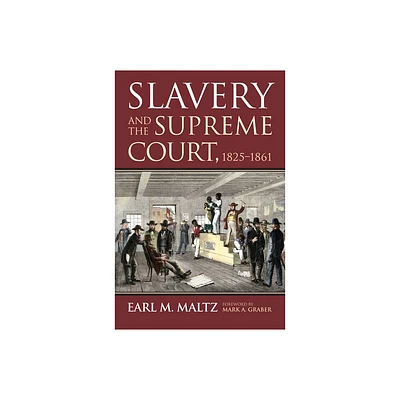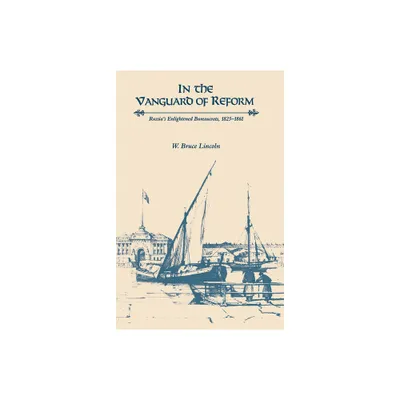Home
In the Vanguard of Reform: Russia's Enlightened Bureaucrats, 1825-1861
Loading Inventory...
Barnes and Noble
In the Vanguard of Reform: Russia's Enlightened Bureaucrats, 1825-1861
Current price: $18.00


Barnes and Noble
In the Vanguard of Reform: Russia's Enlightened Bureaucrats, 1825-1861
Current price: $18.00
Loading Inventory...
Size: OS
*Product Information may vary - to confirm product availability, pricing, and additional information please contact Barnes and Noble
The first decade of Alexander II's reign is known in Russian history as the Era of the Great Reforms, a time recognized as the major period of social, economic, and institutional transformation between the reign of Peter the Great and the Revolution of 1905. Coming directly after the notoriously repressive last decade of the Nicholas era, the appearance of such dramatic reform has led scholars to seek its causes in dramatic events. Surely some great, even cataclysmic, force must have driven Alexander II and his advisers to initiate what appears to be such an astonishing change in policy.
In their search for the origins of these Great Reforms, historians generally have focused upon two phenomena. The first of these was Russia's defeat in the Crimean War by a relatively small, ineptly commanded Allied expeditionary force. The second was the serf revolts, which increased dramatically in the 1850s. From these events, most historians have concluded that the economic failings of serfdom, the problem of preserving domestic peace, and the need to restore Russia's tarnished military prestige were the major forces that convinced Alexander II's government to embark upon a new reformist path.
As Lincoln's examination of the long-unstudied Russian archival evidence shows, there are good reasons to question whether such crises of policy and failings of Russia's servile economy impelled Alexander II and his advisers along a previously uncharted reformist path after the Crimean War. Further, in light of the Russian bureaucracy's slowness in drafting much less complex administrative reforms during the previous century, Lincoln argues that the Great Reform legislation simply was too complex and required too much sophisticated knowledge about the Empire's economic, administratvive, and judicial affairs to have been formulated in the brief half-decade after the war's end.
In their search for the origins of these Great Reforms, historians generally have focused upon two phenomena. The first of these was Russia's defeat in the Crimean War by a relatively small, ineptly commanded Allied expeditionary force. The second was the serf revolts, which increased dramatically in the 1850s. From these events, most historians have concluded that the economic failings of serfdom, the problem of preserving domestic peace, and the need to restore Russia's tarnished military prestige were the major forces that convinced Alexander II's government to embark upon a new reformist path.
As Lincoln's examination of the long-unstudied Russian archival evidence shows, there are good reasons to question whether such crises of policy and failings of Russia's servile economy impelled Alexander II and his advisers along a previously uncharted reformist path after the Crimean War. Further, in light of the Russian bureaucracy's slowness in drafting much less complex administrative reforms during the previous century, Lincoln argues that the Great Reform legislation simply was too complex and required too much sophisticated knowledge about the Empire's economic, administratvive, and judicial affairs to have been formulated in the brief half-decade after the war's end.


















